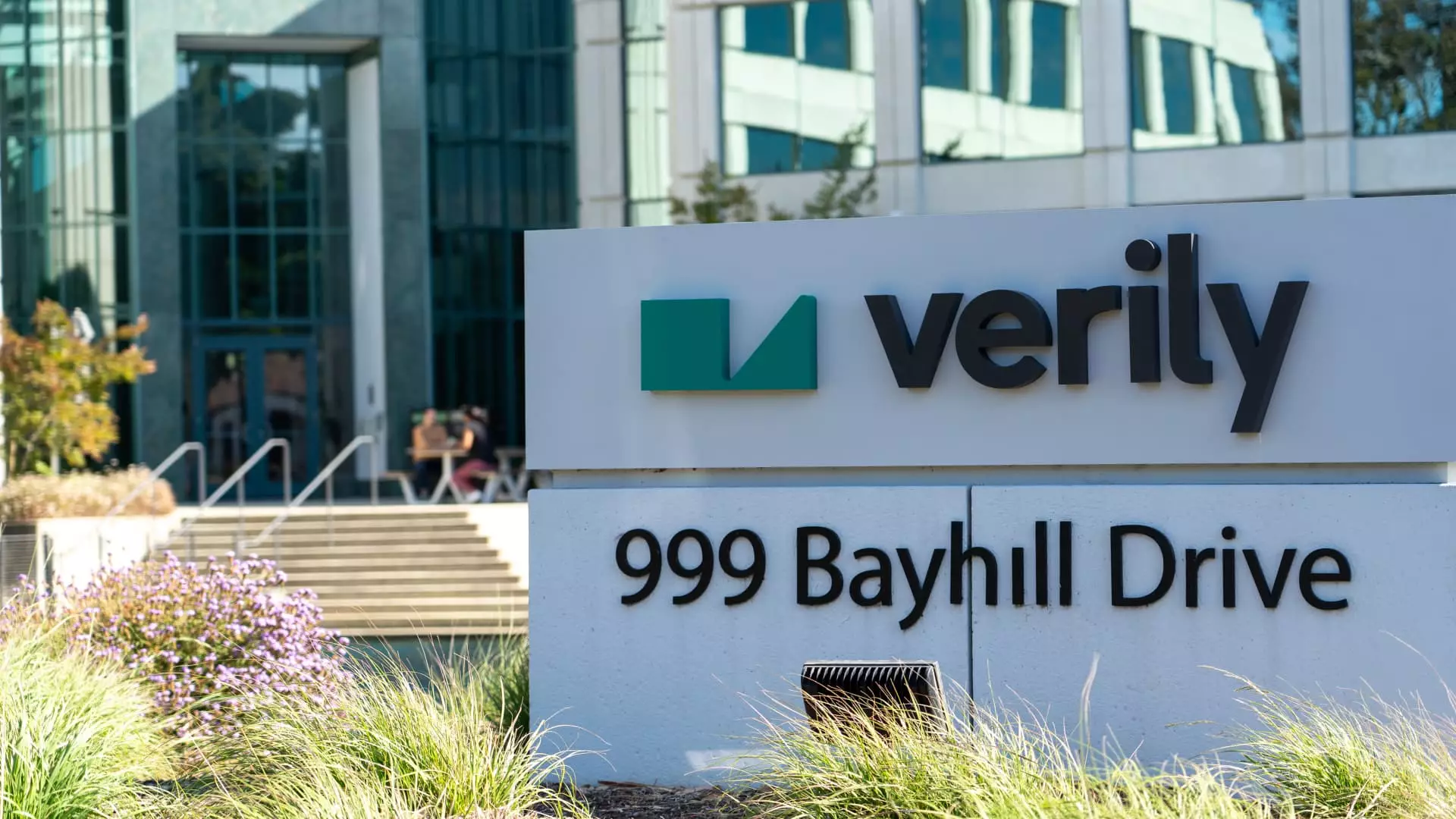In a noteworthy pivot within the healthcare landscape, Verily, the healthcare-focused subsidiary of Alphabet, has decided to offload its stop-loss insurance branch, Granular Insurance Company, to Elevance Health. This move, confirmed by Verily to CNBC, is indicative of a broader trend of transformation within the organization. Once heralded as a leading light in precision health innovations, Verily has faced numerous challenges that have forced it to dramatically reassess its business strategy.
Originally established in 2020 under the name Coefficient Insurance Company, Granular was designed to provide self-funded employers with medical stop-loss insurance and reinsurance solutions. The ambitious initiative was backed by the Swiss Re Group’s commercial insurance division and was heralded for employing “proprietary technology” for enhanced risk management. However, the terms of the sale to Elevance Health remain undisclosed, raising questions about the anticipated return on investment that Verily sought from Granular amidst turbulent market conditions.
Verily’s recent restructuring is more than a mere financial maneuver; it reflects a deeper struggle within the company to identify a sustainable market position. Over the past few years, Verily has experienced significant layoffs, management overhauls, and shifts in strategic focus—all underlining its ongoing difficulties in establishing a clear vision in healthcare. High-profile talent from industry giants like Apple has joined Verily, including Myoung Cha and Andrew Trister, suggesting an eagerness to innovate continuously. Yet, the inability to maintain a cohesive strategy reveals an unsettling reality about the challenges faced in the ever-evolving healthcare sector.
Verily began as a grand experiment in 2015 within Alphabet’s X innovation lab, focusing on groundbreaking hardware projects, including continuous glucose monitors. However, the company’s trajectory shifted dramatically with the onset of the COVID-19 pandemic, leading to a frantic redirection towards public health responses. Following this, it attempted to carve its niche in precision medicine—a significant pivot that seems to have compounded its strategic confusion. The recent launch of Lightpath, an AI-powered chronic care solution aimed at metabolic health, underscores the ongoing effort to innovate, but raises further questions about Verily’s core identity.
The decision to divest Granular is symbolic of a company at a crossroads, desperately seeking clarity in a complex healthcare environment. Even as Verily attempts to launch new initiatives like AI-driven healthcare solutions, the exit from the insurance sector indicates a prudent step away from a venture that may not align with its long-term goals. The health tech space is rife with competition and daunting challenges, prompting Verily to refine its focus continually.
As Verily forges ahead, it must leverage its substantial funding and exceptional talent pool effectively while navigating the fine line between innovation and practicality. The sale may ultimately free the company to concentrate on its core strengths rather than be hindered by an unproven insurance model that fails to resonate in today’s dynamic healthcare marketplace.


Leave a Reply